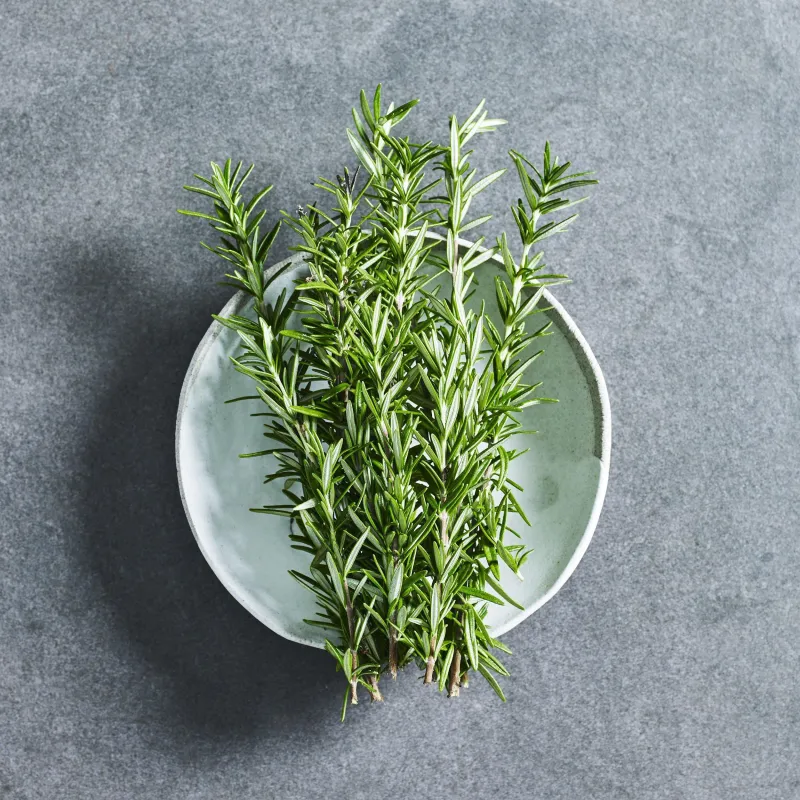





Plant: English Yew
Number of Seeds: 20 Seeds
Seed Type: Non-Hybrid, Open-Pollinated, and Non-GMO
Sowing Time: February to April
Plant Characteristics: Attractive evergreen shrub
Leaf Characteristics: Linear needle-like spikes
Harvest: 180-200 days after germination

Security policy

Delivery policy

Return policy
Rosemary is a flavorful and aromatic herb that is easy to grow at home. It has a wide range of culinary and medicinal uses, and can be used fresh, dried, or essential oil form.
Rosemary plants are prone to powdery mildew, aphids, and spider mites. Regular plant check-ups and neem oil sprays can help to control these pests.
Rosemary can be used fresh, dried, or essential oil form. Fresh rosemary sprigs can be added to recipes to add flavor and aroma. Rosemary oil is also popular in the culinary and cosmetic industries.